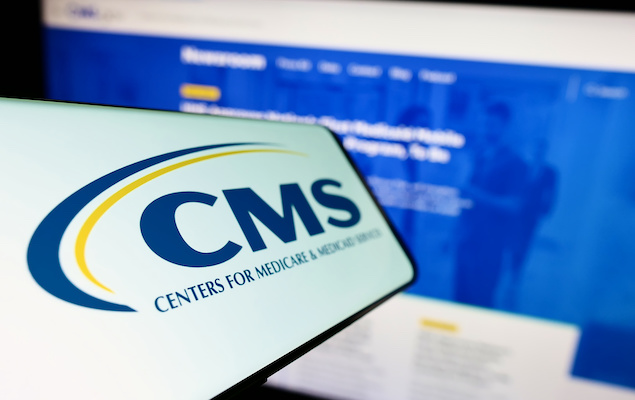CMS highlights medical-dental integration in 2026 Medicare Physician Fee Schedule
Physicians incentivized to take oral health training, refer to dentists

The Centers for Medicare & Medicaid Services released its final rule for the 2026 Medicare Physician Fee Schedule Oct. 31, announcing policy updates that take effect Jan. 1, 2026. Among the changes is a new oral health–related quality improvement activity within the merit-based incentive payment system, a program primarily for Medicare-participating physicians.
The merit-based incentive payment system is a Medicare program that adjusts reimbursement for participating physicians based on quality, cost, improvement activities and use of electronic health records. Under the 2026 rule, CMS introduced three new improvement activities, one of which focuses specifically on oral health. To qualify, Medicare-participating physicians must complete training through Smiles for Life, a free online curriculum that includes “The Oral Examination” course and implement a referral process, contact local dental providers and assess their capacity.
Additionally, they must take at least one step to integrate oral health into their practice, such as creating a dental referral network, adding oral health questions to patient intake forms, performing intraoral screenings or referring patients without a dental home. Physicians may also meet the activity requirements by counseling patients on the link between oral health and systemic conditions or by documenting oral health findings in referral notes.
The Association called the inclusion an encouraging sign of broader federal recognition that oral health is essential to overall health.
The 2026 final rule also implements an “efficiency adjustment” that reduces work relative value units for certain non-time-based services by 2.5%, reflecting productivity gains from technological advances. While this adjustment primarily affects medical specialties, it may have limited impact on dental specialists such as oral and maxillofacial surgeons whose Medicare services fall under the Physician Fee Schedule. CMS said the change aims to ensure payment rates more accurately reflect current practice patterns and to move away from survey-based valuation methods.
The rule made no changes to the current payment of limited dental services which are inextricably tied to the clinical success of qualifying medical procedures. The payment of dental services in limited circumstances was first introduced in Medicare Part B in 2023.
The ADA said it will continue to monitor implementation of the oral health activity and related payment policies for potential effects on dental practices and interdisciplinary care. For more information, visit ADA.org/Medicare.



